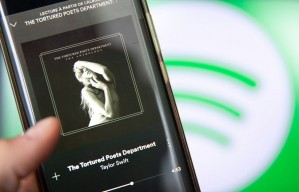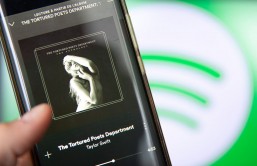The U.S. District Court of Massachusetts filed a suit against Apple Inc. on Tuesday on behalf of Boston University who claims that a part used in the iPhone, iPad and Macbook Air was patented by one of its professors, Theodore Moustakas, in 1997.
The patent is known as "Highly insulating monocrystalline gallium nitride thin films." In layman's terms, it refers to a semiconductor component invented by the professor that is found in many LED lighting systems. Although no details of exactly how Apple has supposedly been using the patented material, its displays are the likely culprit.
Boston University's complaint contains an extreme request for an injunction to stop Apple from selling or distributing the products that it names (iPhone 5, iPad and Macbook Air). The university also hopes, in return for using its 1997 patent, the company will tally the profits it's gained since the time of the first alleged infringement and pay commensurate damages and interest which, according to CNET could award the university $75 million.
According to the suit, the university claims: "Defendant's acts of infringement have caused and will continue to cause substantial and irreparable damage to the University."
While the conditions of this suit sound like they should make Apple Inc. sweat, the truth is that these conditions are not likely to be pursued or met. This isn't the first time Boston University has attempted to file a suit over this 1997 patent. Over the past year it has filed the same complaint against other companies including Amazon and Samsung but to no avail. It isn't likely that Apple will be the first to be radically affected by the terms and conditions of the suit. Especially considering the fact that Apple needs only to stall in fighting the patent since it expires at the end of next year. In any case, it is clear that this won't be a lawsuit involving Apple Inc. on the same scale as Apple v. Samsung form earlier this year.








